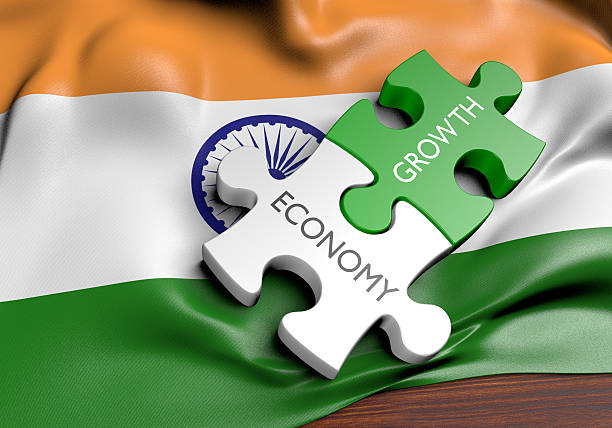
Economics is a dynamic field that examines how societies allocate scarce resources to meet diverse human needs and aspirations. Studying economics at college offers students an enlightening exploration into:
Policy Analysis: Analyze economic policies and their impact on individuals, businesses, and nations, exploring topics such as fiscal policy, monetary policy, taxation, regulation, and social welfare programs.
Microeconomic Insights:Explore the behavior of firms and consumers, market efficiency, pricing strategies, and decision-making processes at the individual and organizational levels.
Macroeconomic Perspectives:Study aggregate economic phenomena such as GDP, inflation, business cycles, unemployment trends, economic development, and globalization, gaining insights into national and global economic dynamics.
Financial Markets: Examine financial markets, investments, banking systems, risk management, and financial institutions, understanding their role in allocating capital and fostering economic stability.
Economic Development:Investigate theories and strategies for promoting sustainable economic development, poverty alleviation, income distribution, and improving living standards globally.
By studying economics at college, students develop analytical reasoning skills, critical thinking abilities, and a deep understanding of economic principles that are essential for addressing complex societal challenges and making informed decisions in diverse career paths. It empowers them to contribute to economic policy-making, business strategy, financial analysis, international development, social impact initiatives, and research, shaping a more prosperous and equitable global future.